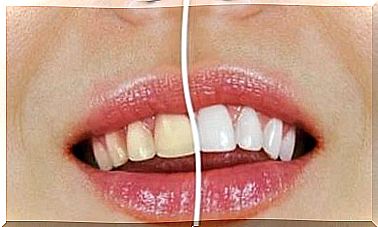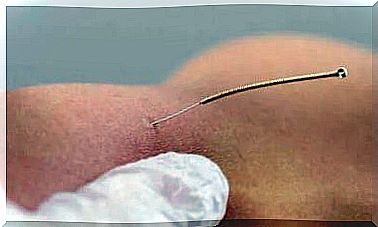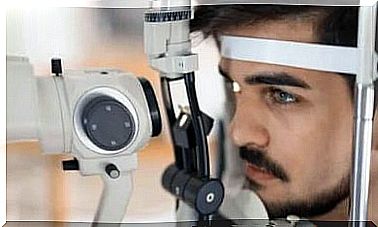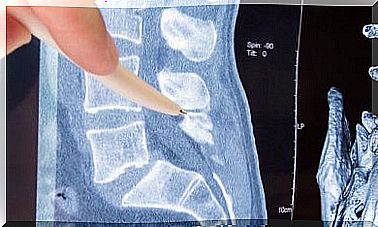What Is Orthomolecular Nutrition?

Orthomolecular nutrition is a therapy based on the supply of nutrients to the body to make up for deficiencies caused by disease. These nutritional supplements must come from natural sources.
According to AENTOC (Spanish Association of Orthomolecular Nutrition), orthomolecular nutrition aims to “promote the absence of disease in the patient and allow individuals to live in optimal health.”
A brief introduction to the history
Orthomolecular nutrition is not a new topic. Linus Pauling, who won the Nobel Prize in Chemistry in 1954, was the first person to define the term ortomolecular.
Dr. Catherine Kousmine has also used treatment based on nutritional supplementation to treat diseases such as multiple sclerosis, polyarthritis and some cancers. Today, the Kousmine Foundation dedicates its efforts to the training and continuous development of this doctor’s method.
One of her disciples, who treated a large number of patients in France, is Jean Seignalet. He wrote the book “La nutrition ou la troisième médecine” (“Diet or third medicine”), which has several editions and has been translated into several languages.
How does orthomolecular nutrition work?

According to the basis of this discipline, diseases occur due to a biochemical imbalance of the body that affects the cells. By providing cells with the right micronutrients, we achieve optimal balance and proper functioning.
This is done by treating existing diseases, as we saw above. Orthomolecular nutrition can also relieve non-specific conditions such as migraines, lack of energy and digestive problems.
The micronutrients needed by cells are:
What is the orthomolecular nutritional treatment?
Treatment based on orthomolecular nutrition is always personalized. The specialist doctor or therapist is responsible for assessing the patient’s nutritional status.
After some analytical tests, specialists can determine where the biochemical imbalance exists, what nutritional deficiencies exist and what needs to be corrected. In general, it is necessary to use nutritional supplements.
The first therapeutic tool is diet. It aims to provide optimal nutrition to the cells. It is generally based on the intake of quality protein, unsaturated fats and complex carbohydrates.
The diet specifically avoids added sugars, dairy products and saturated fats. Experts also provide recommendations for a healthy lifestyle (eg, exercise and good rest, avoiding stress and supplementing treatment with other alternative therapies, if necessary).
Does orthomolecular nutrition have support from the medical sector?

Limitations of this type of nutrition
Those who criticize orthomolecular nutrition do not consider it reliable enough, especially since it is not based on clear scientific studies. In addition, I also question the use of vitamins, minerals and other nutrients.
These are sometimes prescribed in larger quantities than those officially recommended by entities such as EFSA (European Food Safety Agency) or the US Institute of Medicine. Moreover, according to these organizations, high doses of dietary supplements can cause short-term and long-term side effects.
Some organizations and voices in the medical and nutritional sector – such as the Royal Spanish Academy of Medicine, the Spanish Association of Dietitians and Nutritionists or the American Cancer Society – argue that there is no evidence of its effectiveness and describe it as “para-scientific, misleading and potential.” dangerous “.
The benefits of orthomolecular nutrition
On the other hand, for the defenders of this discipline, nutritional supplementation as a therapeutic tool is a reality. In fact, even conventional medicine uses combination treatments.
According to professionals dedicated to orthomolecular medicine, there is evidence and medical practices that support positive results in the treatment of schizophrenia, depression, anxiety disorders and attention deficit hyperactivity disorder. In addition, the use of orthomolecular drugs and nutrition accompanies conventional treatments with positive results.









